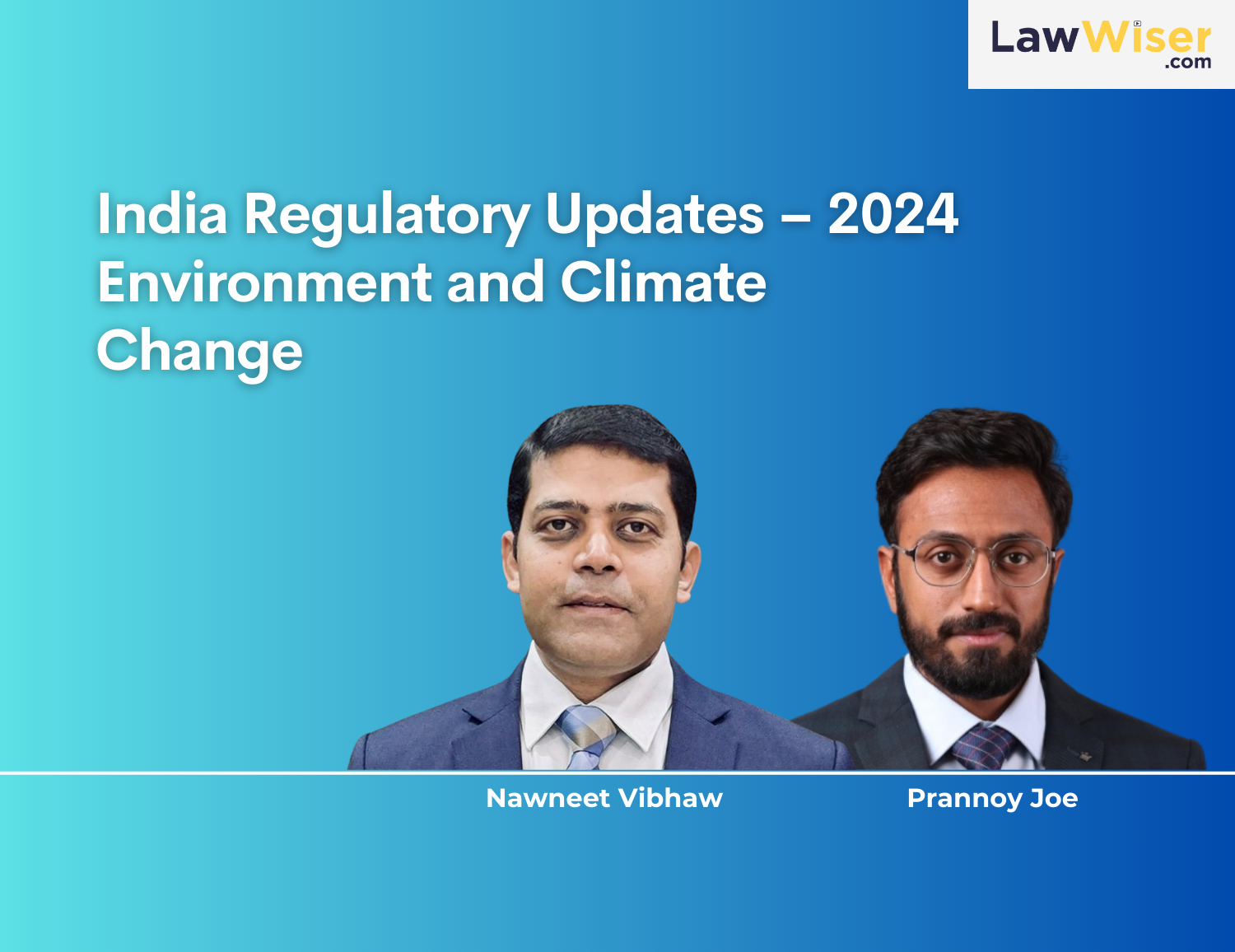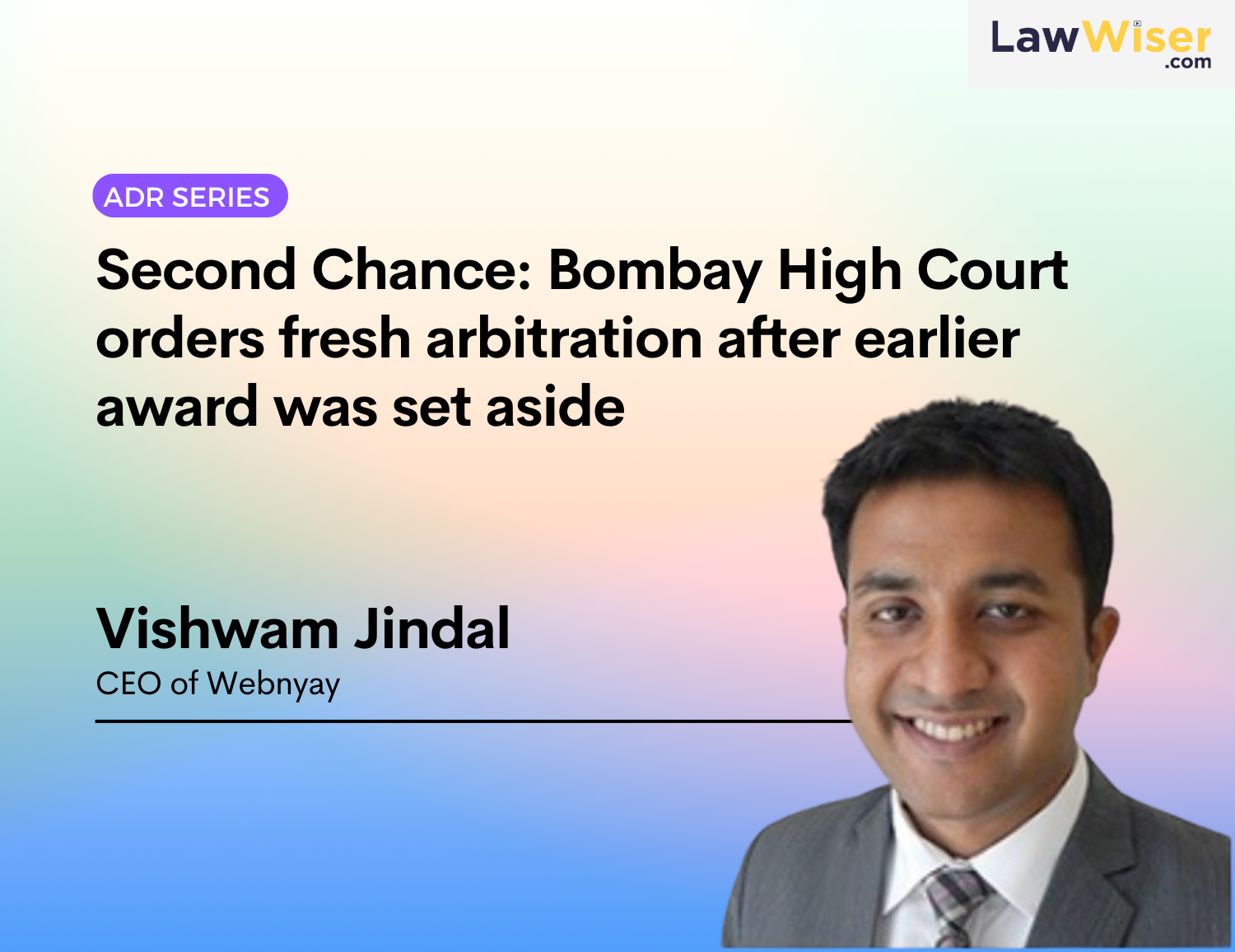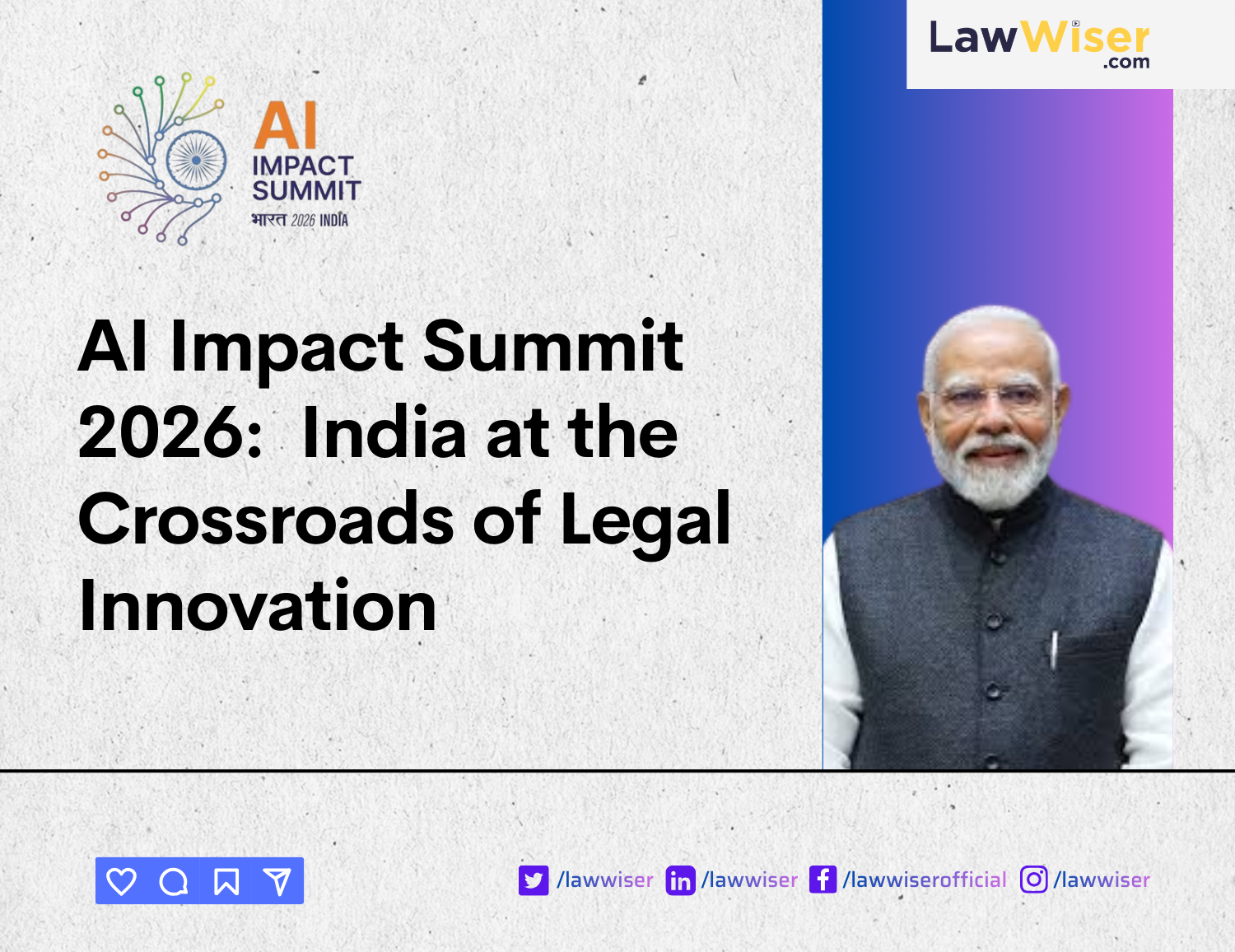The Special Marriage Act, 1954, is a progressive Indian law designed to facilitate secular marriages. It allows individuals to marry regardless of their religious backgrounds, extending its applicability to Indian nationals both within and outside the country. This law was introduced to accommodate marriages that deviate from the personal laws governing various religions, thus promoting inclusivity and secularism.
Key Provisions of the Special Marriage Act
Secular Marriage: The Act provides a legal avenue for civil marriage, independent of religious customs.
Applicability: It applies to all Indian citizens, irrespective of religion, and includes Indian nationals living abroad.
Marriage Registration: Marriages are officiated and registered by a Marriage Officer.
Age and Consent: The minimum age for marriage is 21 for men and 18 for women, with both parties required to give full and free consent.
Notice of Intended Marriage: Couples must notify the Marriage Officer 30 days before the intended marriage date, allowing time for any objections.
Objections and Inquiry: Any objections raised within this period are investigated, and if found valid, the marriage cannot proceed.
Solemnisation and Registration: The marriage is solemnised in the presence of three witnesses and subsequently registered, with a certificate serving as conclusive proof.
The Marriage Process under the Act
The Special Marriage Act outlines a structured process for marriage:
Submission of Notice: A notice of the intended marriage, along with necessary documents, is submitted to the Marriage Officer 30 days in advance.
Public Notice: This notice is publicly displayed, and copies are sent by registered post to the addresses provided by the parties.
Objections: Any objections raised are reviewed by the Sub-Divisional Magistrate (SDM).
Solemnisation: Post-objection resolution, the marriage is solemnised with both parties and three witnesses present.
Registration: The marriage is officially registered, and a marriage certificate is issued.
Pros and Cons of the Special Marriage Act
Benefits:
Inter-religious Marriages: Facilitates marriages between individuals from different religious backgrounds without requiring conversion.
Legal Safeguards: Provides a robust legal framework for marriage registration and divorce, independent of religious laws.
Gender Equality: Ensures equal legal rights and standing for both partners.
Simplified Procedure: Emphasises legal requirements over religious ceremonies, simplifying the process.
Challenges:
Notice Period: The mandatory 30-day notice period can lead to societal scrutiny and objections, causing stress for couples.
Bureaucratic Hurdles: The extensive documentation and potential for objections can be daunting.
Lack of Awareness: Many are unaware of the Act, leading to its underutilisation despite its benefits.
High-Profile Marriages Under the Act
Several celebrity couples, like Kareena Kapoor Khan and Saif Ali Khan, Soha Ali Khan and Kunal Khemu, Sanjay Dutt and Manyata Dutt, and Kishore Kumar and Madhubala, have opted for marriage under the Special Marriage Act, highlighting its significance and setting examples for others.
Legal Judgements and Challenges
Significant court judgments have shaped the implementation of the Special Marriage Act:
Sarla Mudgal v. Union of India (1995): Addressed issues of bigamy and conversion, emphasising the need for a uniform civil code.
Lata Singh v. State of Uttar Pradesh (2006): Upheld the right of an adult woman to marry by choice, reinforcing protection under the Act.
Shafin Jahan v. Asokan K.M. (2018): Known as the Hadiya case, reaffirmed the right to marry as a fundamental right under Article 21 of the Constitution.
Advocating for Change
Despite its progressive framework, the Special Marriage Act faces challenges such as societal pressures during the notice period and the need for increased awareness, particularly in rural areas. Advocates call for reducing the notice period and streamlining the process to protect couples’ privacy and rights.
Conclusion
The Special Marriage Act stands as a pillar of secularism and inclusivity in India’s diverse legal landscape. By providing a legal route for interfaith and inter-caste marriages, it upholds principles of equality and personal freedom. Sonakshi Sinha and Zaheer Iqbal’s marriage under this Act is a testament to its relevance and the changing dynamics of modern Indian society.



 June 27, 2024
June 27, 2024







 February 13, 2026
February 13, 2026 0 COMMENTS
0 COMMENTS


